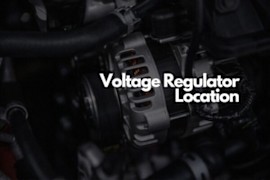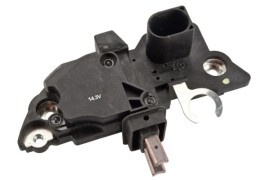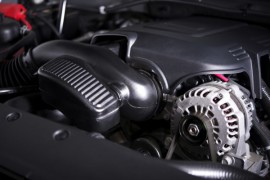{
"lazyNodes": false,
"abFitnotesFlag": false,
"abCrawlReviews": false,
"productOptionsCookie": false,
"orderDelayFlag": false,
"skipSessionCookie": false,
"covidMessage": false,
"fullTitleCookie": false,
"nrLoggerCookie": false,
"checkoutReviewCookie": false,
"productOptionSeqCookie": false,
"maintenanceFlag": false,
"bufferETACookie": false,
"multiShippingDiscountFlag": false,
"newFitmentFlag": false,
"surveyOptInFlag": false,
"crossSellFlag": false,
"skuMappingFlag": false,
"paySplitCookie": false,
"callDisableFlag": false,
"zipPaymentFlag": "u",
"hassleFreeReturn": false,
"lifetimeReplacement": false,
"cpn_off": false
}Need Help? Call Us1-866-529-0412
2013 Chevrolet Express 1500
2013 Chevrolet Express 1500 Voltage Regulators
Refine by:
Shop Catalog
Showing 1 - 1 of 1 results
Sort by:
Part Number: WAID3587
Guaranteed to Fit
$34.99
Vehicle Fitment
- 2013 Chevrolet Express 1500 LT 8 Cyl 5.3L Delco 145 Amp
- 2013 Chevrolet Express 1500 Base 6 Cyl 4.3L Delco 145 Amp
- 2013 Chevrolet Express 1500 LS 8 Cyl 5.3L Delco 145 Amp
- 2013 Chevrolet Express 1500 Base 8 Cyl 5.3L Delco 145 Amp
Product Details
Warranty : WAI limited warrantyQuantity Sold : Sold individuallyProp 65 Warning :
![]() WARNING: This product can expose you to chemical which is known to the State of California to cause cancer and birth defects or other reproductive harm. For more information go to www.P65Warnings.ca.gov.
WARNING: This product can expose you to chemical which is known to the State of California to cause cancer and birth defects or other reproductive harm. For more information go to www.P65Warnings.ca.gov.
Page 1 of 1 | Showing 1 - 1 of 1 results
Popular Products

WAIVoltage Regulator - Direct Fit, Sold individuallyManufacturer #D3587
( Reviews) Questions, Answers
WAI VOLTAGE REGULATOR
WAI voltage regulator is manufactured using its state-of-the-art production facility to meet the most advanced parts manufacturing standards. Each part or component is developed by innovative parts design teams to exceed customer expect...
Helpful Automotive Resources
Where is the Voltage Regulator Located on an Alternator?To access the voltage regulator, all you need to do is park your vehicle, disconnect the car battery, and check the engine compartment. It’s helpful to look up the voltage regulator for your vehicle on CarParts.com so you can determine what it looks like.
.kadence-column_d10526-07 > .kt-inside-inner-col{border-top-width:0px;border-right-width:0px;border-bottom-width:0px;border-left-width:0px;}.kadence-column_d10526-07 > .kt-inside-inner-col,.kadence-column_d10526-07 > .kt-inside-inner-col:before{border-top-left-radius:0px;border-top-right-radius:0px;border-bottom-right-radius:0px;border-bottom-left-radius:0px;}.kadence-column_d10526-07
Why Is My Battery Light On?It’s normal to see the “battery icon” illuminated when you start your car. But if the battery light came on again while you were driving, that’s a different story. Here are the possible reasons why your battery light is on:
It’s normal to see the “battery icon” illuminated when you start
Why Won’t My Car Start?Automotive professionals break down no-start situations into two separate categories: crank-no-start and no-crank-no-start.
Alternator Voltage Regulation 101 (with Wiring Diagrams)As most people know, the alternator charges the battery whenever the engine is running while also supplying electricity to the car’s electronics. The alternator accomplishes these tasks through electromagnetic induction—a phenomenon that generates electrical current from a magnetic field.
The alternator’s stator (background), rotor (center), and rectifier (foreground).
Bad Voltage Regulator: Symptoms, Testing, Replacement Cost & MoreAs most people know, the alternator charges the battery (whenever the engine is running) while also supplying electricity to the car’s electronics. The alternator accomplishes these tasks through electromagnetic induction—a phenomenon that generates electrical current from a magnetic field.
The voltage regulator controls the amount of current that flows through the
P2503 Code: Charging System Voltage LowCode P2503 is set once the PCM detects that the alternator output is less than the target charging voltage during engine operation.








